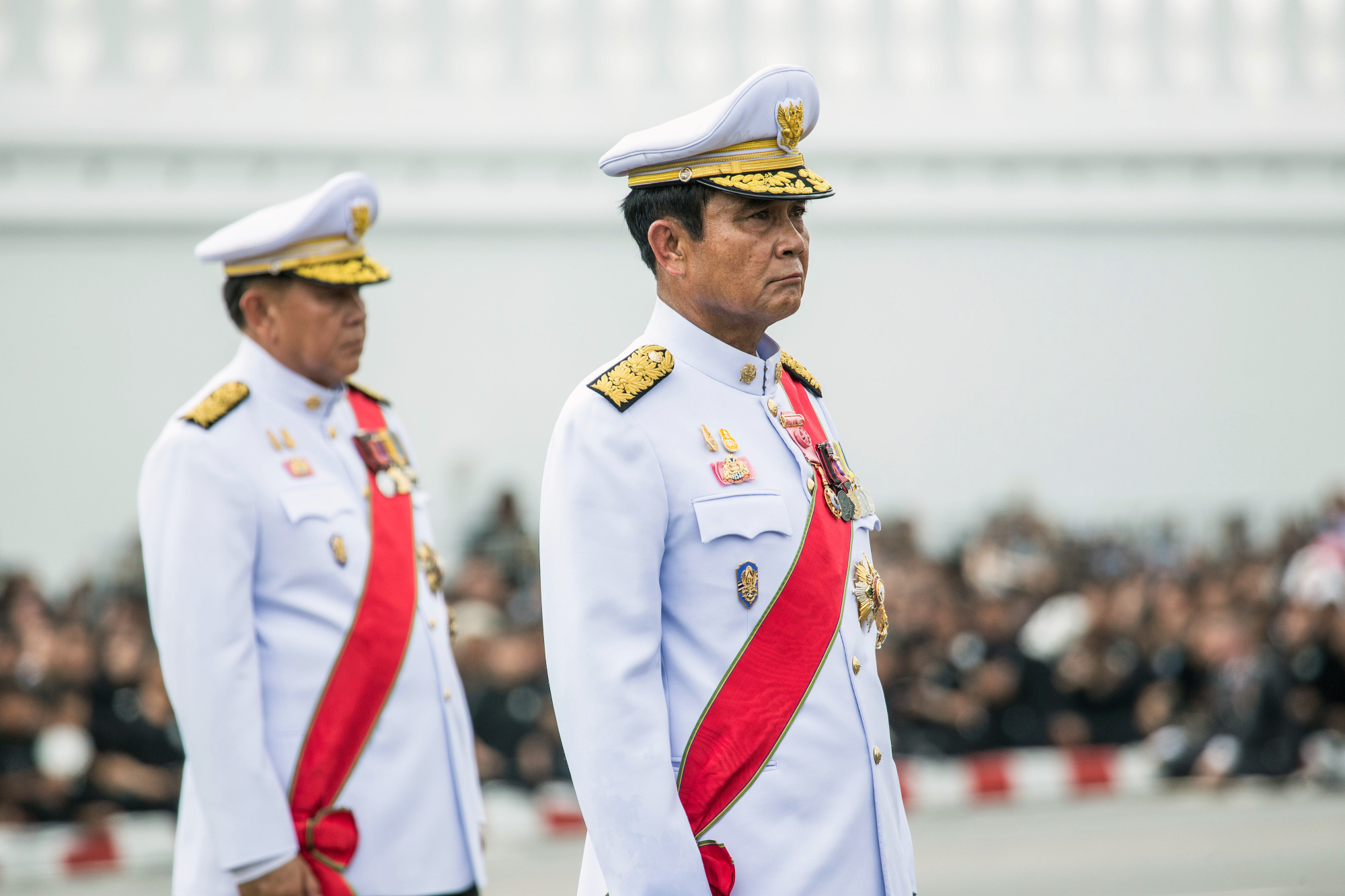The era of Thailand's late King Bhumibol Adulyadej officially ended with the royal cremation in late October. The country has now entered a new phase under the reign of King Vajiralongkorn, Bhumibol's son.
But the controversies surrounding the new king seem to suggest political uncertainties awaiting the country. That is true not only in the domestic arena, but in foreign policy as well. One of the key relationships in this regard is Thailand's relations with Japan.
Since the death of Bhumibol in October 2016, Thailand's partners and allies have readjusted their policy to cope with new realities inside the country. China has further strengthened its ties with the Thai junta through vigorous economic and military activities. Meanwhile, the United States, under President Donald Trump, rolled out a red carpet welcoming Thai Prime Minister General Prayuth Chan-o-cha at the White House in October. The fact that the world's most powerful nation legitimized the Thai military government overwhelmingly boosted the confidence of the regime in Bangkok.


















With your current subscription plan you can comment on stories. However, before writing your first comment, please create a display name in the Profile section of your subscriber account page.